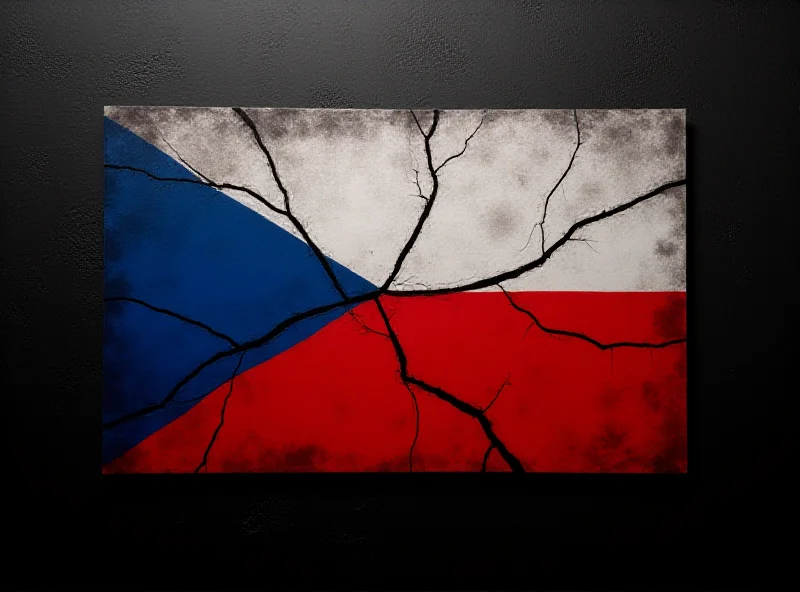The Czech Republic is currently grappling with a range of economic and infrastructure challenges. From rising prices impacting everyday life to significant overhauls of vital transportation hubs, and even insolvencies affecting local businesses, the country faces a complex landscape. Let's take a look at some of the key issues.
Rising Costs Impact Domains and Housing
Inflation is a major concern across various sectors in the Czech Republic. Prices for essential goods and services, including food, television and radio fees, have all seen increases. Adding to the burden, Czech domain prices have also risen after six years of stability. While the change may not be immediately noticeable, users will likely feel the impact in the coming weeks. 
Furthermore, the dream of homeownership is becoming increasingly elusive for many Czechs. Real estate prices continue to climb at a faster rate than wages, exacerbating the already critical housing affordability crisis. This issue now affects even those with moderately high incomes, making it harder for people to secure stable housing.
Infrastructure Investments Underway
Despite the economic pressures, significant investments are being made in infrastructure projects. The Pilsen Cathedral is undergoing a much-needed roof restoration. Fragments of slate falling from the aging roof highlight the urgency of the repairs, which are expected to commence soon and will include a complete roof overhaul and partial renovation of the supporting structure.
In addition, the Railway Authority has launched a massive modernization project in Česká Třebová, one of the country’s busiest transportation hubs.  The 19.5 billion crown project will completely overhaul the tracks, freight transportation areas, and platforms, ensuring barrier-free accessibility. A new footbridge will also be constructed to improve connectivity within the city. The ambitious project is slated for completion by the end of 2031.
The 19.5 billion crown project will completely overhaul the tracks, freight transportation areas, and platforms, ensuring barrier-free accessibility. A new footbridge will also be constructed to improve connectivity within the city. The ambitious project is slated for completion by the end of 2031.
Business Troubles Emerge
While some sectors are seeing investment and improvement, others are facing difficulties. Furniture company Wuders and leather backpack manufacturer Bagind, both backed by Václav Staněk of footwear company Vasky, have declared insolvency. This follows customer complaints to the Czech Trade Inspection regarding undelivered goods and unfulfilled refund requests.
"It's a challenging time for many businesses," a local economist noted. "Rising costs and supply chain issues are putting pressure on companies, and some are struggling to stay afloat."
These insolvencies highlight the challenges faced by businesses navigating the current economic climate. 
The Czech Republic is facing a complex interplay of economic pressures and infrastructural needs. While investments in transportation and historical landmarks offer hope for the future, rising costs and business insolvencies present significant hurdles that need to be addressed.
